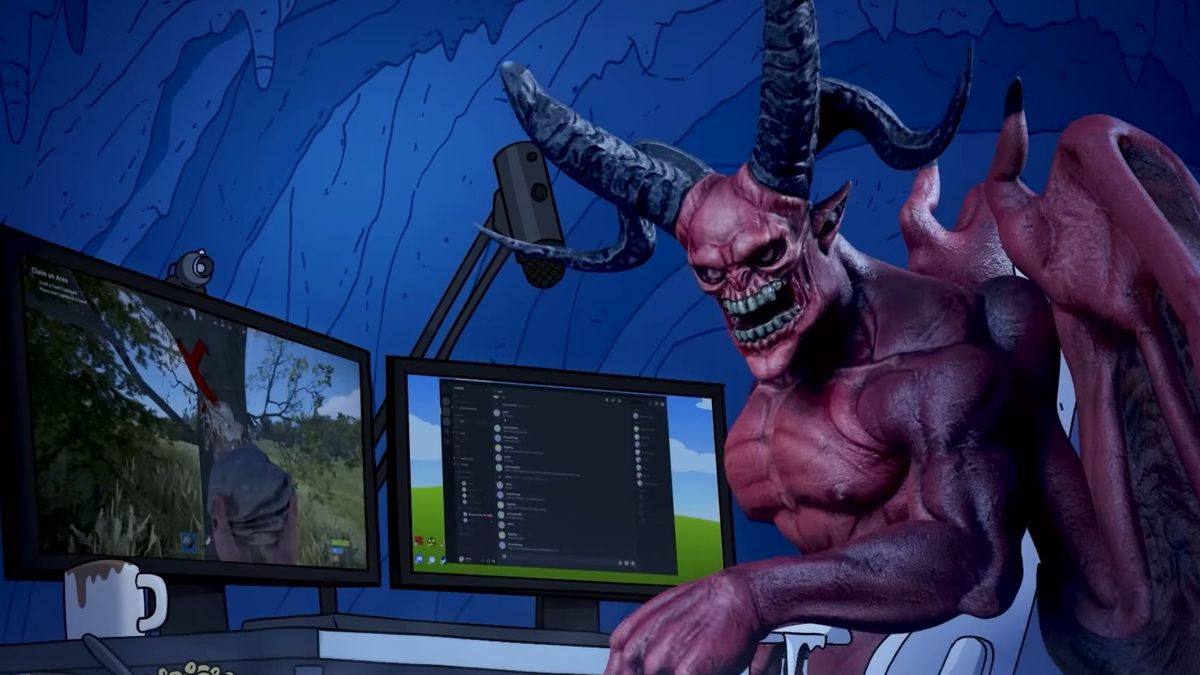Very true that. Those were the toughest days of PC gaming. Consoles back then were in the golden era -along with the Megadrive/SNES era-, deservedly so. I was "born" as a PC gamer, but in early 2005 I purchased my first console -the original Xbox- and my computers from 2005 to 2010 were underpowered productivity laptops.
I got a somewhat decent laptop -still not very good-, with an i5-2500 CPU which had integrated graphics and I completed the original The Witcher on it, plus I got Diablo 3 day one, but I wasn't playing many PC games. Completing The Witcher was great, loved the game. However The Witcher 2 changed completely and was too demanding for my laptop. So I got The Witcher 3 for the Xbox One in 2015, and that was the last game I truly played on a console, from start to finish.
Going to the house of my GF's brother-in-law in 2014 was a eye opener. I had purchased Battlefield IV for the XB1 and he had the PC version. He was a Battlefield freak, and he was playing on a 144Hz monitor -which I didn't know-, but his display showed a lot of statistics, the framerate felt soooooo smooth, my jaw dropped.
He was so addicted to BF IV.... I was impressed at how he played with the mouse, such precision, a millisecond seemed enough for him to lean (his own head), spot an enemy, shoot and hide again.
I was used to playing Battlefield IV on the Xbox One and I couldn't describe it -the framerate felt jumpy, uneven and stuttery-. Tbh I don't think BF IV was running at true 60fps on the XB1.
Also I found these threads while searching for a PC Gaming thread, and they didn't predict optimistic news for PC Gaming in these forums.
So, my PC, like anybody's past six months old, is now past dated for current PC gaming. Even though I upgraded to a 7600GT which is a decent card, I dunno, a year ago. Anyway I have 1GB RAM, Athlon 64 3000+ (single core). Ah and Win Xp. This system is fine for..websurfing which is really all I...

forum.beyond3d.com
http://www.tomshardware.com/hardnews/20040825_204612.html A worthy milestone if true.

forum.beyond3d.com
How can he say that when CEO JenHsun has said Playstation 3 will be a "miracle machine" that will be difficult to design a GPU that can outperform it? Sounds like consoles, specifically PS3, WILL replace PCs as a gaming platform.

forum.beyond3d.com


